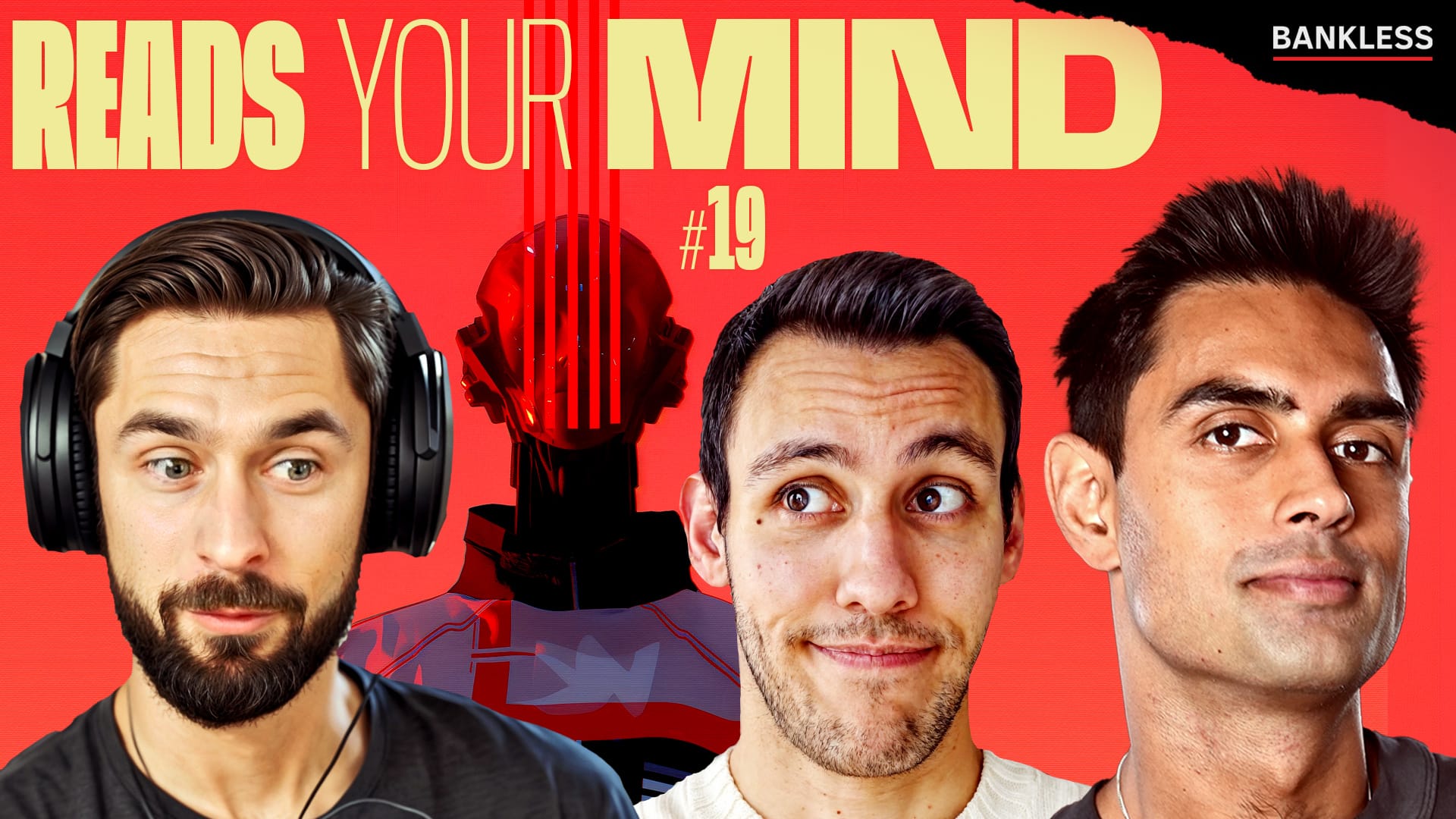This Changes Everything: ChatGPT's Memory Update Just Blew Our Minds

OpenAI’s New Memory—Friend or “Soul Data” Foe?
This week’s biggest shockwave is OpenAI’s decision to let ChatGPT remember you. No more flat, session‑by‑session resets: the model now builds a lasting profile of your preferences, routines, and even quirks. Early demos show a “personal‑therapist” mode that tracks moods and stressors over months—astonishingly useful, yet eerie. Critics warn that such intimate behavioral exhaust forms a “soul data set” that could lock users into a single platform. Web3 builders spy an opening: decentralized identity wallets and encrypted data vaults might be the only way to keep that memory portable and controlled by the individual.
From 1,000 Minecraft Agents to Dolphin Whisperers
The lighter side of AI kept us grinning. A community server is running one thousand autonomous agents that barter, build, and occasionally grief each other in Minecraft—an emergent economy you can watch in real time. Elsewhere, GPT‑powered tools are turning household pets into photo‑realistic humans, while marine researchers use language models to decode dolphin clicks. And yes, the freshly announced “Dolphin AI” model hit headlines before GTA 6 even has a launch date. Evidently, the frontier moves faster than the gaming calendar.
The Week’s Big Four Headlines
- Google’s Agent‑to‑Agent Protocol: An open spec that lets independent AI agents negotiate tasks and share context without exposing private memories. If successful, it could do for bots what TCP/IP did for computers—and hand Google a massive standards edge.
- OpenAI’s GPT 4.1, Mini, and Nano: Three tiers of the model family crush coding and reasoning benchmarks while slashing costs. The seven‑day free API window has developers asking whether Gemini 2.5 can keep pace.
- Google’s Cursor‑Killer: Mountain View quietly dropped a vibey code‑assistant that mirrors—and maybe outclasses—Cursor. If LLMs can churn out clones of every hot niche app, distribution may become the only moat that matters.
- The Ultimate Data Set Debate: Tying it all together is the question of ownership. As ChatGPT’s memory grows and agents exchange context, will users demand cryptographic control over their digital selves—or sleepwalk into centralized lock‑in?
Why It Matters
From personalized AI that knows your secrets to enterprise‑grade agent networks and sovereign silicon, the AI‑crypto stack is morphing at breakneck speed. Builders and investors need to track both the technical leaps (larger context windows, cheaper inference) and the governance battles (who owns the memory, who owns the rails). Buckle up—next week could look tame in comparison.